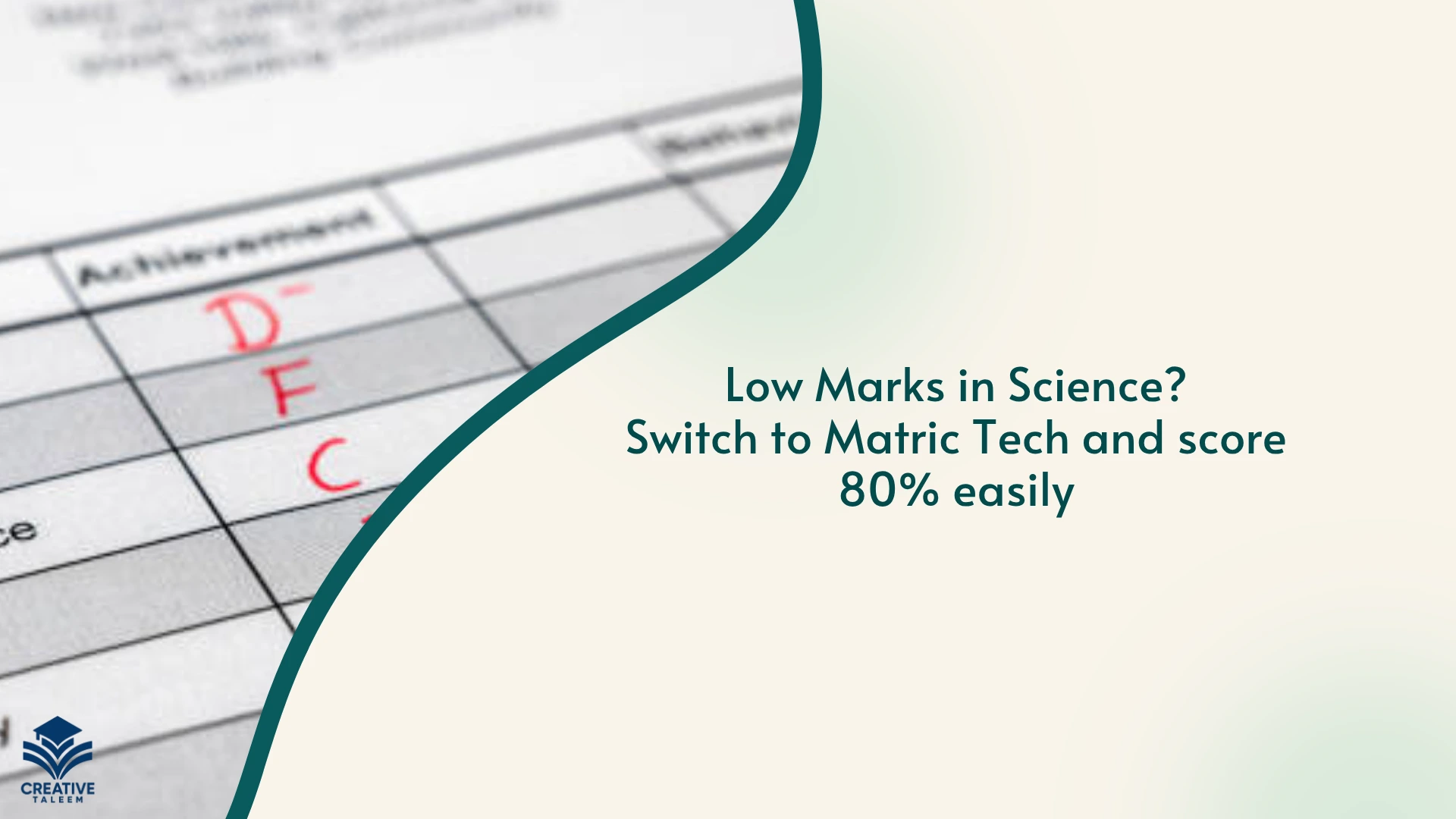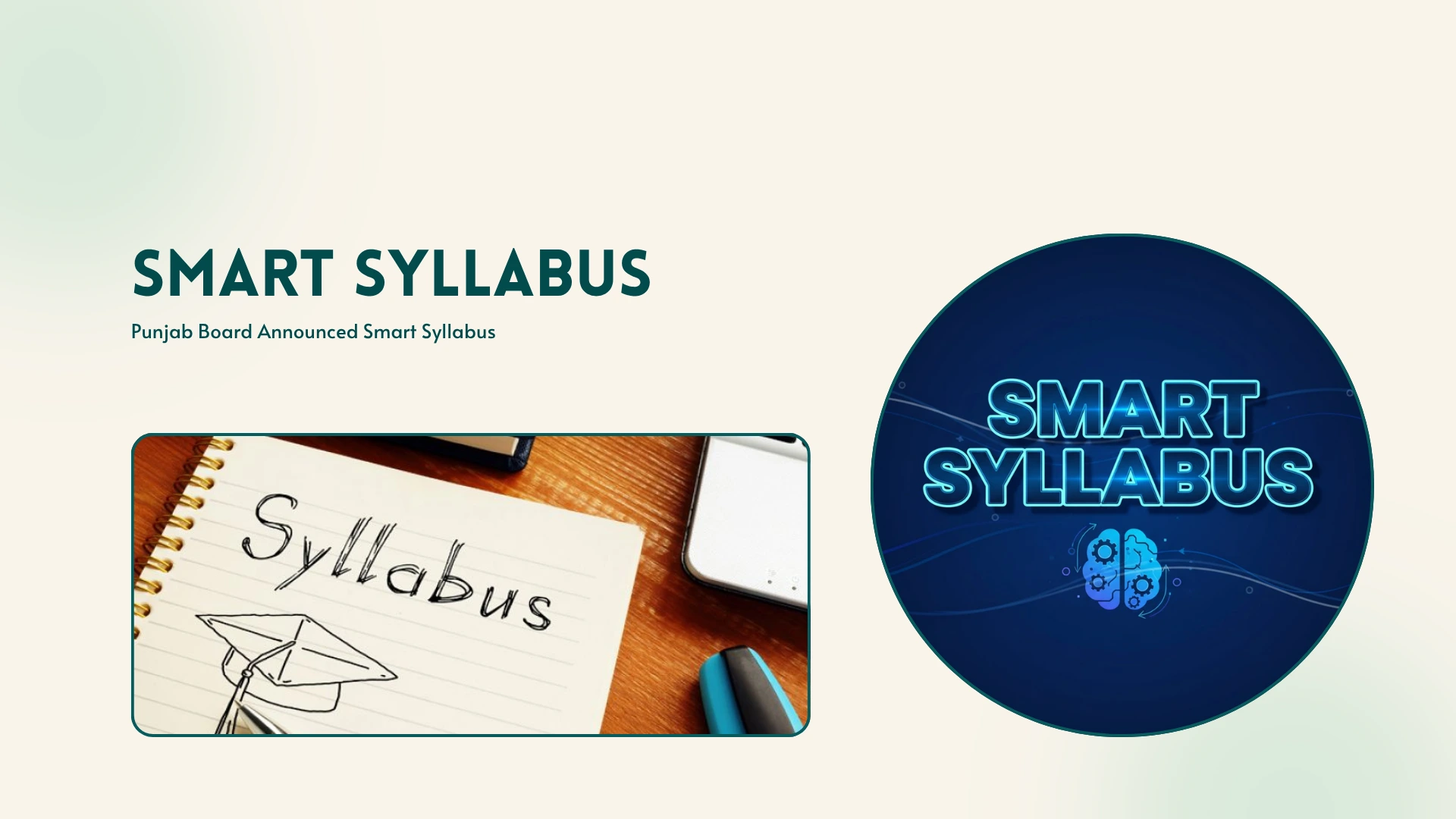Best University in Pakistan: The Truth Nobody Tells You
Looking for the best university in Pakistan? Here's the honest truth: every university has something great to offer. The real question is which one is best for YOUR situation, budget, and goals.

Ask anyone in Pakistan about the best university, and you'll get ten different answers. Everyone praises their own university or talks about places where they couldn't even get admission. But here's what I learned after visiting multiple universities, taking entry tests, and talking to professors: every university is good in its own way. The real question isn't which university is the best in Pakistan. The question is which university is best for YOU.
The Conversation That Changed My Perspective
When I was choosing my university for software engineering, I was just as confused as you probably are right now. I took several entry tests, visited different campuses, and everywhere I went, people claimed their university was the absolute best. My confusion only grew worse until I met a professor who asked me some simple but powerful questions.
He said, "Beta, every university is good. The question is what do YOU need? What are you looking for?" I told him I just wanted to study software engineering. His response opened my eyes completely. He explained that Pakistan has numerous excellent universities for software engineering, both government and private. Universities like NUST, FAST, Government College University Faisalabad, Agriculture University, and many more.
Then he asked me the most important question: "What's your budget? If you don't get a scholarship, can you afford to pay 50,000 rupees or more per semester?" I honestly couldn't. If I could afford private college fees, I wouldn't have been studying in a government college in the first place. That question alone eliminated half my options.
The Three Questions You Must Answer First
Question 1: What's Your Budget?
This is brutal but honest. Universities in Pakistan range from extremely affordable to incredibly expensive. Government universities like Punjab University, University of Engineering and Technology, or Virtual University charge manageable fees. Private universities like LUMS, FAST, or NUST can cost anywhere from 50,000 to 200,000 rupees per semester.
Don't fool yourself into thinking you'll definitely get a scholarship. Yes, scholarships exist, but they're competitive and limited. Plan for the worst-case scenario where you have to pay full fees for four years. Can your family manage that? If the answer is no, then cross those expensive universities off your list immediately. There's no shame in being practical about money.
Question 2: Can You Commute Daily?
The professor asked me, "Can you travel to the university every day?" This matters more than you think. If the university is far from your home, you'll need to either rent a room near campus or spend hours commuting daily. Both options cost money and energy.
Hostels in major cities are expensive. Traveling by rickshaw, bus, or metro every day adds up quickly. Plus, the physical exhaustion of traveling for two to three hours daily will affect your studies. Location matters tremendously when choosing a university. Sometimes a slightly less famous university that's closer to your home is actually the smarter choice.
Question 3: What Kind of Learning Do You Want?
This is the question most students never think about. The professor asked me, "Do you want to learn by yourself, or do you prefer the traditional way where you just study whatever the professor gives you, get your degree, and then find a job?" He added, "And by the way, even after paying all those fees, there's only about a 40% chance you'll get the exact job you want if you don't learn extra skills on your own."
This hit me hard. I realized that the university name matters far less than what you actually learn and how motivated you are to learn beyond the classroom. A student from an average university who codes every day and builds projects will always beat a student from a top university who just memorizes slides for exams.
My Decision: Virtual University of Pakistan
After that conversation, the professor gave me several options based on my situation. He mentioned universities that were budget-friendly and suitable for someone who wanted to learn independently. Eventually, I found Virtual University of Pakistan. It's not a Punjab university or a provincial institution. It's a federal university with affordable fees and a flexible learning system that worked perfectly for my situation.
Now, before you judge, let me tell you something important. Many people say that open or virtual university degrees don't have value. That's absolutely false. Do you know that roughly 60% of government teachers in Pakistan, many government and private sector employees, and even founders of some companies studied through open universities? The degree has value. What matters is what skills you develop alongside that degree.
I made my decision based on what was practical for me. Virtual University gave me the flexibility to learn at my own pace, the fees were manageable, and I could focus on building real-world skills while completing my degree. Was it the "best" university according to rankings? No. Was it the best university for MY situation? Absolutely yes.
Stop Listening to Toxic People
Here's something nobody tells you clearly: people will always have opinions about your choices. If you go to a government university, some will say you couldn't afford private education. If you choose a private university, others will say you're wasting money. If you opt for an online or distance learning program, they'll claim your degree is worthless. You literally cannot win with everyone.
So stop trying to please everyone. Stop worrying about what your cousin's friend's brother thinks about your university choice. Do what makes sense for YOUR life, YOUR budget, and YOUR goals. The people criticizing your choices aren't going to pay your fees or guarantee your future. You are responsible for yourself.
Focus on learning real skills. Whether you're at NUST or Virtual University, what matters is can you actually do the work? Can you build software if you're a CS student? Can you design buildings if you're studying civil engineering? Can you solve real problems in your field? That's what employers care about. Not which university name is printed on your degree.
The Real Best Universities in Pakistan (By Category)
Since you came here looking for actual university names, let me give you the honest breakdown by category. Remember, these are all good universities. Which one is best for YOU depends on your answers to the three questions above.
For Engineering and Technology
NUST, GIKI, UET Lahore, UET Taxila, FAST-NUCES, NED University, COMSATS are all excellent. These universities have strong engineering programs, good facilities, and decent placement records. But they also have tough entry requirements and significant fees.
For Business and Management
LUMS, IBA Karachi, NUST Business School, Punjab University, and GCU Lahore all offer quality business education. LUMS is expensive but offers great networking. Government options like Punjab University give you good education at lower costs.
For Budget-Conscious Students
Virtual University of Pakistan, Allama Iqbal Open University, Punjab University, and various government colleges offer quality education at affordable rates. Don't let anyone tell you these degrees are worthless. They're federally recognized and valid.
For Agriculture and Life Sciences
University of Agriculture Faisalabad, University of Veterinary and Animal Sciences, and Bahauddin Zakariya University have specialized programs in agriculture and related fields that are recognized internationally.
What Actually Matters More Than University Name
Let me be very clear about something. The university name opens doors, yes. But after that first door, what keeps you in the room is your actual skill and knowledge. I've seen students from top universities struggle to find jobs because they only memorized for exams. I've also seen students from average universities land great positions because they spent their university years building real projects, learning independently, and developing practical skills.
Your university gives you a degree. But YOU give yourself skills, knowledge, and experience. Use your university years wisely. Join societies, work on projects, do internships, learn beyond your textbooks. That's what separates successful graduates from average ones, regardless of which university name is on their degree.
Final Advice: Make Your Own Best Choice
There is no single "best university in Pakistan" that works for everyone. The best university is the one that matches your budget, your location, your learning style, and your career goals. Don't let anyone shame you for choosing what works for your situation. And don't let fancy rankings fool you into taking loans you can't afford.
Be honest with yourself about your finances. Think practically about commuting. Choose a place where you can actually focus on learning rather than constantly stressing about fees or travel time. And most importantly, remember that your success depends far more on your effort and dedication than on which university name is printed on your degree.
Whatever university you choose, give it your best shot. Learn as much as you can. Build real skills. Stay away from toxic people who criticize every choice. Your future self will thank you for making the practical decision that worked for your situation rather than chasing prestige that you couldn't afford.
For more honest guidance about education, career choices, and making smart decisions for your future, visit Creative Taleem. We're here to help Pakistani students navigate their educational journey with practical, real-world advice.
Frequently Asked Questions
Which is the best university in Pakistan for engineering?
For engineering, top universities include NUST, GIKI, UET Lahore, UET Taxila, FAST-NUCES, NED University, and COMSATS. However, the 'best' depends on your budget, location, and specific engineering field. Government universities like UET offer quality education at lower fees, while private institutions like NUST and FAST have higher fees but excellent facilities.
Are virtual university degrees valid in Pakistan?
Yes, Virtual University of Pakistan degrees are fully valid. It's a federal university recognized by HEC (Higher Education Commission). Many government teachers, private sector employees, and even company founders have degrees from open and virtual universities. The degree has full legal value for jobs and further education.
How do I choose the right university for myself?
Ask yourself three questions: 1) What's your budget? Can your family afford the fees without scholarships? 2) Can you commute daily, or will you need hostel accommodation? 3) What kind of learning do you prefer - traditional classroom or self-paced? Your answers will narrow down the best options for your specific situation.
Does university name matter for getting jobs in Pakistan?
University name helps open the first door, but your actual skills and knowledge matter more for long-term success. Employers increasingly value practical skills over university prestige. A student from an average university with strong projects and skills will often outperform graduates from top universities who only memorized for exams.


